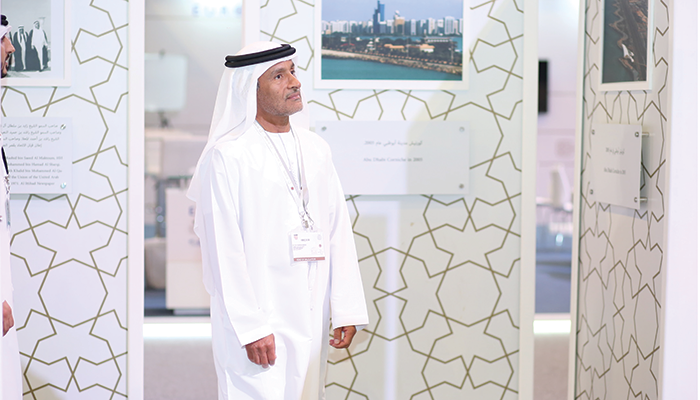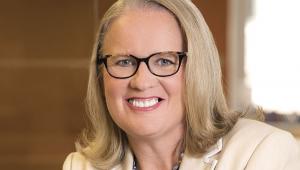harib_saeed_al_amimi-.png

His Excellency Harib Saeed Al Amimi is president of the State Audit Institution of the United Arab Emirates
His Excellency Harib Saeed Al Amimi is president of the State Audit Institution of the UAE, which recently hosted CIPFA's international conference. He is also the current chair of the International Organization of Supreme Audit Institutions (INTOSAI). He tells PF International more about his two roles and how he envisages the future of the public audit profession.
How did you get into the accounting and auditing profession?
I was very keen on accounting as a subject; the dynamic nature of accountancy was very attractive to me. I graduated from United Arab Emirates University with a BSc in accounting and public administration, and some of my assignments focused on auditing and government spending.
Then I proceeded with postgraduate studies and got an MSc in financial management from Middlesex University and afterwards a PhD in financial economics from Anglia Ruskin University. I worked for the Department of Finance in the UAE armed forces before becoming the auditor-general of the State Audit Institution in the United Arab Emirates.
What has been the biggest achievement of your career?
Probably my leadership of the State Audit Institution. I was given the responsibility for the SAI as part of a wider restructure of the federal government and worked with a special technical team on capacity building issues, including the development of a new audit methodology, professional training and use of technology.
What challenges have you faced?
Generally speaking, there are no jobs without challenges. The public sector all over the world is facing tremendous challenges, stemming from the high demand on public services, which has led to a dramatic increase in government spending and increased state budgets. More extensive and complex public services require similarly complex audit processes and techniques.
Being a member of INTOSAI has been crucial for us in the UAE and an important means of knowledge-sharing. It has been beneficial to learn from the experiences of audit experts in other jurisdictions.
Why is the role of auditors important in the public sector?
I believe the audit profession makes a valuable contribution to quality of life around the world. Public auditors safeguard public funds that should be used to service the needs of citizens.
You became chair of INTOSAI in 2016. What did you want to bring to the institution?
INTOSAI is a professional organisation with very high potential. With over 195 member bodies, there is a pool of talented auditors with rich experience and a valuable knowledge base that, if employed and invested in a good way, can improve the wellbeing of world citizens. Holding public sector servants accountable for the use of public spending is a key factor in spending public funds wisely.
Fighting corruption and making good use of a state’s financial resources will not only contribute to the sustainability of a country’s economic growth but also have a direct impact on eradicating poverty and improving public services such as health, education and security.
How is the auditing profession changing?
Thanks to technology, auditors encounter an increasingly sophisticated work environment. On the one hand, technology facilitates data availability and speeds up the transfer of information. But, on the other, it can create a burden on auditors as we have to make use of all this data and apply new analytical techniques.
In 10 years, the profession will surely be guided by technology and IT-empowered tools, so a focus on advancements is a must for anyone thinking of joining the profession. Young auditors will need to be flexible in understanding technology and being able to work with it.
Technology can become a double-edged sword. However, the advantages overweigh the disadvantages, creating endless opportunities that auditors can seize to improve themselves and the profession.
So how can the profession make use of this new technology?
Currently, there is a global focus on employing artificial intelligence in most business applications. Public sector auditing is certainly part that. If employed in the right way, AI in audit can have a major effect on development of audit practice. It is important to use all the means at our disposal to improve our profession in the most effective way.
Some may see technology as a threat in the sense that it replaces the human element. But I believe technology is a tool that complements and validates the work of the auditor and is an advantage.
What have you enjoyed while serving as chair of INTOSAI?
The opportunity to meet colleagues from all over the world has been rewarding. Being connected with such a highly professional network is a privilege. My main concern was to do whatever possible to maintain the achievements of INTOSAI and pay special attention to the development of the audit profession, especially in the area of setting standards.
You’ve travelled a lot with work. Have you got any favourite places?
I have visited most countries, and being introduced to different cultures has given me a wider view of how the world works, but choosing a favourite is hard. Each visit has left a mark that is unique.













